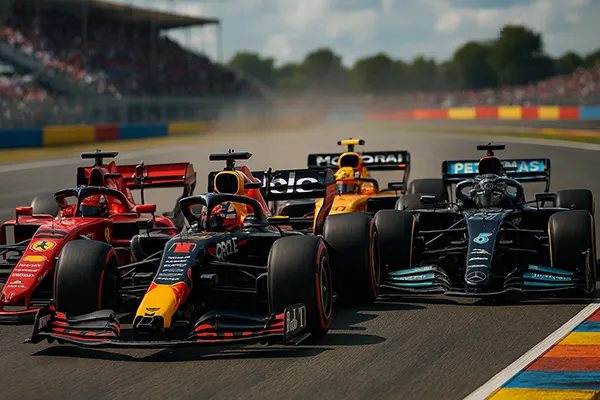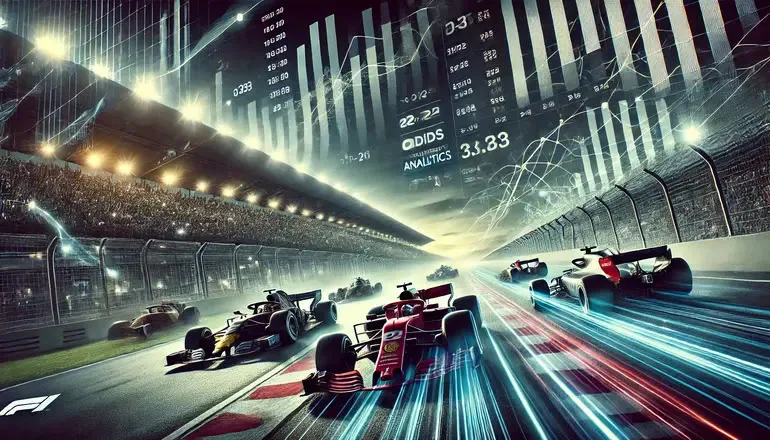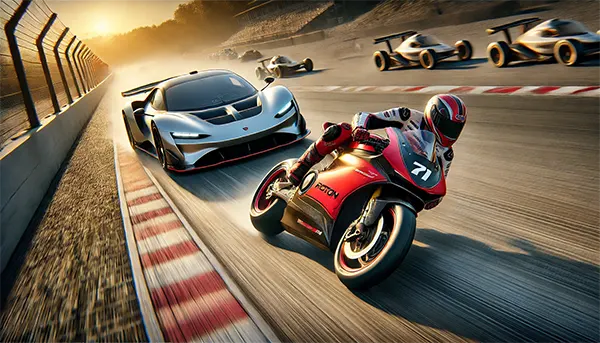Similar articles
Electric Vehicles in Motorsport: Impact on the Future of Racing
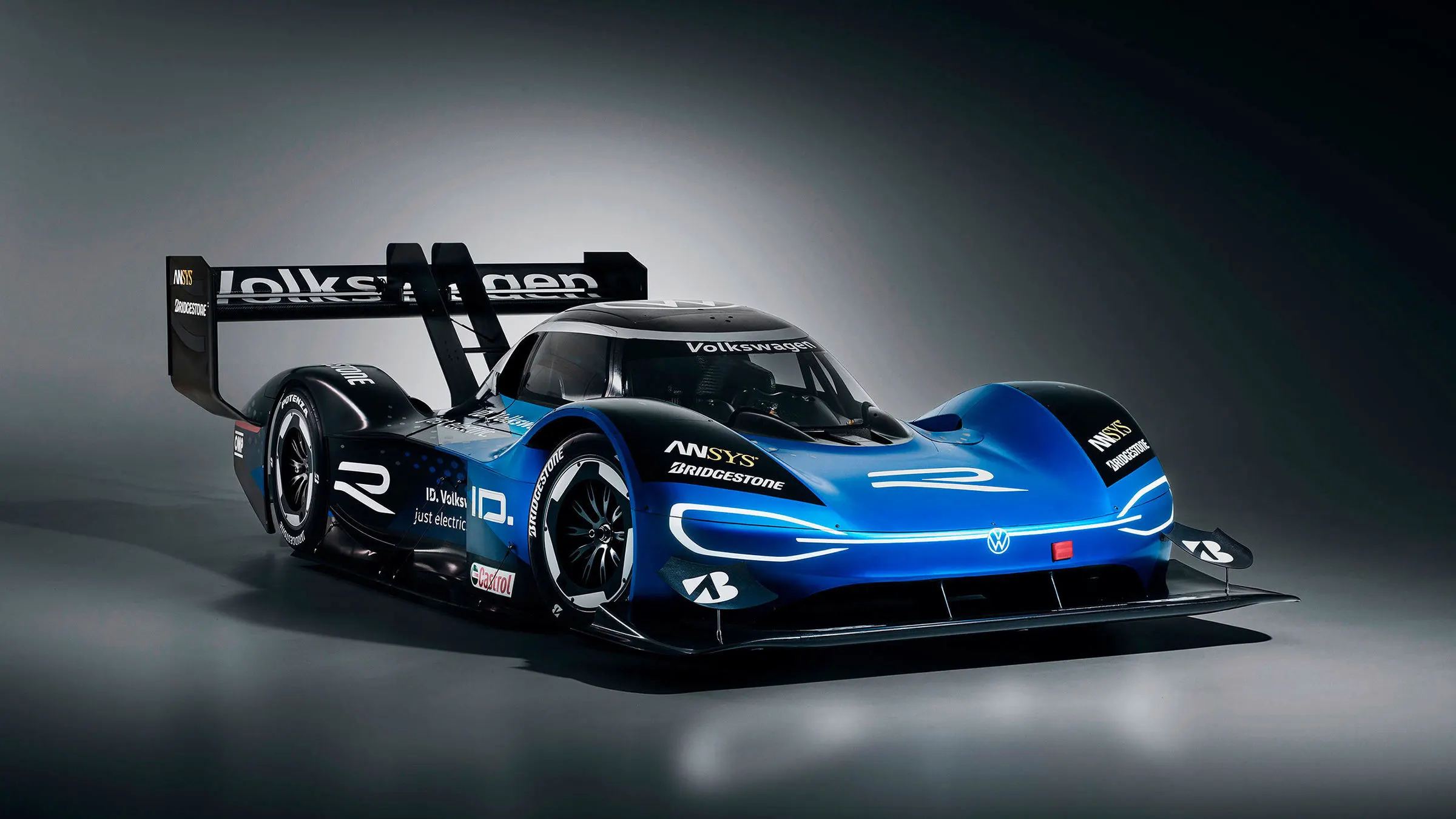
Electric vehicles (EVs) are rapidly transforming the world of motorsport. Historically dominated by petrol-powered engines, the racing industry is now embracing electric technology to meet modern sustainability goals while maintaining the thrill and competitiveness of racing. As motorsport evolves, EVs are leading the way with technological innovations, eco-friendly practices, and new racing formats.
Advancements in Electric Motorsport Technology
Technology has always been the cornerstone of motorsport, and the introduction of electric vehicles has elevated innovation to new heights. With each racing season, teams push the boundaries of performance, reliability, and safety through cutting-edge research and development. Electric racing not only showcases the power of sustainable technology but also accelerates its adoption in consumer vehicles.
One key area of advancement is the development of ultra-efficient powertrains. Unlike internal combustion engines, electric powertrains deliver instant torque, enabling rapid acceleration and precise control. These improvements make EVs not only faster in specific scenarios but also highly responsive, creating an entirely new driving experience for both racers and spectators.
The Role of Battery Innovations
At the heart of electric racing is the quest for superior battery technology. Innovations such as solid-state batteries and ultra-fast charging systems are transforming the performance of electric vehicles. Solid-state batteries, for instance, offer higher energy densities, reduced weight, and faster charging cycles, which are crucial for competitive racing.
Moreover, regenerative braking systems are another hallmark of electric motorsport technology. These systems not only recover energy lost during braking but also enhance the overall efficiency of the vehicle. Lessons learned on the track are often translated into everyday EV models, benefiting the wider automotive industry and driving down costs for consumers.
Sustainability and Environmental Impact
The introduction of electric vehicles into motorsport marks a pivotal step towards a more sustainable future. Traditional motorsport has long faced criticism for its environmental impact, including high carbon emissions and resource-intensive operations. By embracing electric technology, the industry is demonstrating its commitment to reducing its ecological footprint.
Racing series such as Formula E and Extreme E have set benchmarks for sustainable practices. From sourcing renewable energy to charge race cars to minimising waste during events, these competitions highlight how motorsport can lead the way in addressing environmental challenges. Moreover, these initiatives inspire other sectors to adopt greener practices, amplifying their positive impact beyond the racing world.
Reducing Carbon Footprints
One of the most visible advantages of electric motorsport is the reduction in carbon emissions. Traditional racing cars burn large amounts of fossil fuels, whereas their electric counterparts rely on renewable energy sources. For example, Formula E actively partners with renewable energy companies to ensure their events are powered sustainably. This shift not only benefits the environment but also enhances the sport’s image among eco-conscious fans and sponsors.
In addition, the use of sustainable materials in car manufacturing is gaining traction. Teams are exploring lightweight composites and recycled materials to build electric race cars. These efforts reduce the overall environmental impact of production while maintaining the high performance required in competitive racing.
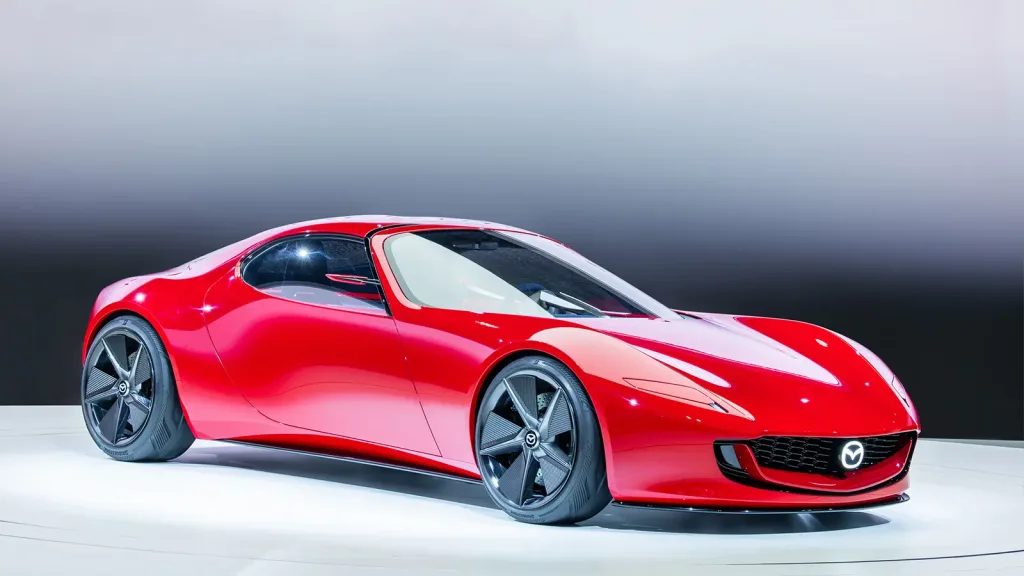
The Future of Racing: Electric and Beyond
Electric vehicles represent a significant milestone in the evolution of motorsport, but the journey is far from over. As the industry continues to innovate, the future of racing may include hybrid formats, hydrogen-powered vehicles, and even autonomous racing. These advancements will likely coexist with electric technology, creating a diverse and exciting landscape for motorsport enthusiasts.
One emerging trend is the integration of artificial intelligence (AI) in racing. From optimising vehicle performance to enhancing race strategies, AI has the potential to revolutionise how races are conducted. When combined with electric technology, AI could enable smarter, safer, and more efficient racing formats.
Challenges and Opportunities
Despite its promise, the transition to electric motorsport is not without challenges. High costs remain a significant barrier, as the development and maintenance of electric race cars require substantial investment. Additionally, scepticism from traditionalists who value the sensory experience of combustion engines poses a cultural hurdle.
However, these challenges are accompanied by exciting opportunities. For instance, electric motorsport provides a platform for collaboration between automakers, energy providers, and technology companies. This synergy fosters innovation and accelerates the development of sustainable solutions. Moreover, the popularity of electric racing is attracting a younger, tech-savvy audience, ensuring the sport’s relevance in the digital age.
In conclusion, the integration of electric vehicles into motorsport represents a bold step forward for the industry. By prioritising sustainability, innovation, and inclusivity, electric motorsport is shaping the future of racing and inspiring change across the broader automotive sector. As the technology matures and overcomes its initial challenges, the excitement and potential of electric racing will undoubtedly capture the imagination of fans worldwide.

